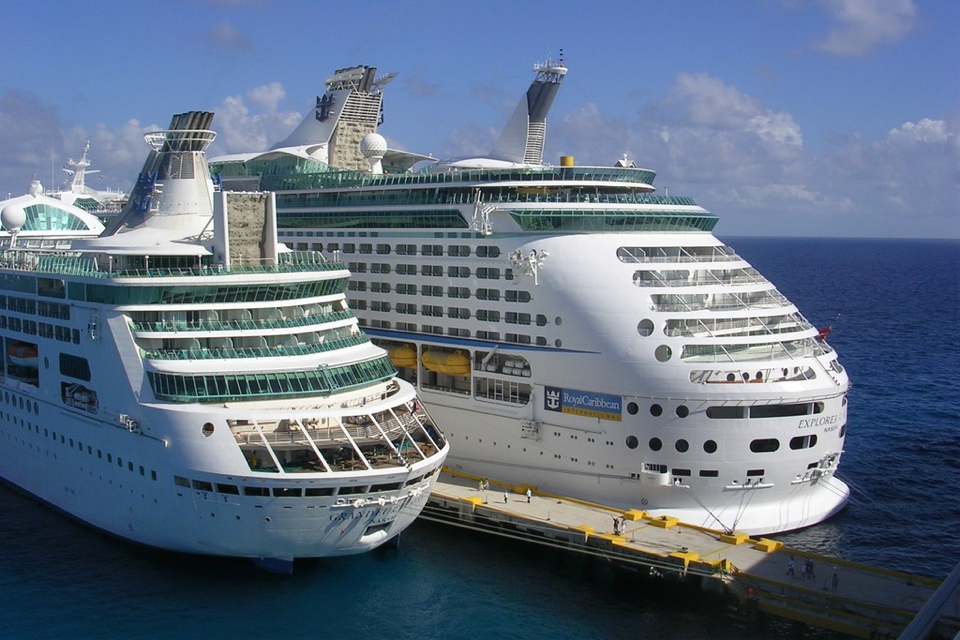Testing wastewater systems on long-haul planes and cruise ships could provide crucial information on detecting the presence of the Covid-19 virus in incoming passengers. According to Australian researchers, this test could be an additional public health management tool to get international travel going again.
The researchers from The University of Queensland (UQ) and Australia’s national science agency CSIRO published their paper in Journal of Travel Medicine. In it, they report that testing of aircraft and cruise ship wastewater upon arriving at their destination had detected genetic fragments of the COVID-19 virus, SARS-CoV-2. The researchers worked with transport companies to test on-board wastewater from lavatories. The test provides an early warning of infection, as the virus sheds in the stools of infected passengers even before they show symptoms.
‘Our science and research communities are among our greatest assets in our efforts to not only overcome this pandemic, but also to assist in the economic recovery from Covid-19,’ says the Australian Minister for Industry, Science and Technology Karen Andrews. ‘The ability to test wastewater from planes and cruise ships is another piece of the puzzle as we look to the future of travel and keeping Australians safe.’
‘Role in cruises resuming’
Paper co-author and Professor Jochen Mueller from UQ’s Queensland Alliance for Environmental Health Sciences says this tool could help as governments and transport industries develop plans to minimise transmission associated with resuming international travel. ‘This could provide additional peace of mind to track and manage infection and play an important role in opening up long-haul flights or cruises resuming,’ Professor Mueller says.
Lead author and CSIRO researcher Warish Ahmed said the virus fragments in the wastewater were unviable, so not infectious. ‘The study indicates that surveillance of wastewater from large transport vessels with their own sanitation systems has potential as a parallel data source to prioritise clinical testing among disembarking passengers,’ says Dr Ahmed.








